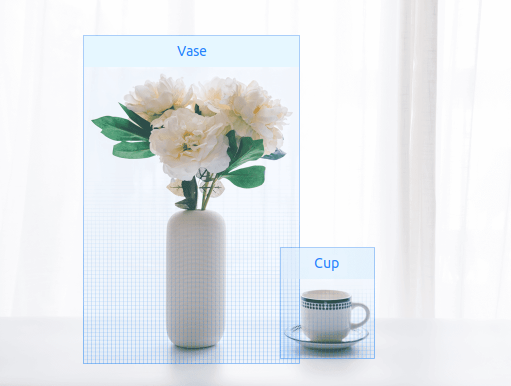 EMERGING TECH
EMERGING TECH
 EMERGING TECH
EMERGING TECH
 EMERGING TECH
EMERGING TECH
Hoping to make up ground in the hotly contested artificial intelligence battleground, Chinese Internet giant Baidu Inc. is releasing a tool that allows businesses to create and deploy AI models without coding skills.
Announced Saturday, EZDL is a “no-code platform to build custom machine learning models,” designed with ease of use and security in mind, the company said.
“EZDL is a service platform that allows users to build custom machine learning models with a drag-and-drop interface,” Yongkang Xie, tech lead of Baidu EZDL, said in a statement. “It takes only four steps to train a deep learning model, built specifically for your unique business needs.”
EZDL is focused on three important aspects of machine learning that have already been popularized in numerous software apps: image classification, sound classification and object detection. The tool is aimed at small and medium-sized businesses that don’t have the capability to create their own AI models.
One of the most notable claims Baidu makes about EZDL is the small size of the training data sets required to create AI models. For image classification and object recognition, it requires just 20 to 100 images per label, while for sound classification it needs only 50 audio files at the most. The training itself can be completed in just 15 minutes in some cases, or a maximum of one hour for more complex models. Baidu also claims accuracy of more than 90 percent in two-thirds of the models it creates.
Once a model has been trained, the algorithm can then be downloaded as a software development kit or uploaded into a public or private cloud platform. The algorithms created support Android, iOS and other operating systems, Baidu said.
Baidu presented a number of possible applications for each type of model. For image classification, it cited the case of home decorating website Idcool, which used EZDL to create an algorithm that can automatically identify the design style and room type from images of the interior of houses. Another user developed an algorithm capable of identifying defective products in manufacturing environments, while a third user built an AI that can monitor cracks in roads and pavements.
The object detection model was used to build an AI model that can detect whether items on supermarket shelves are displayed as the manufacturer requires, and also an algorithm used in microscope imagery to help with blood tests. Finally, the sound classification model has been used to create AI models for security monitoring that work by identifying “abnormal sounds” inside or outside a building.
Analyst Holger Mueller of Constellation Research Inc. said the launch of EZDL seems to put Baidu one step ahead in the race to democratize AI as tech companies try to expand its appeal beyond just data scientists. He said there are actually two races going on in AI right now – one to win over programmers and one to win over users. “The question is, how many end users will actually build their own models, even if it is as easy as using drag-and-drop mechanisms?” Mueller asked.
The analyst also warned of the downsides to using a free tool such as EZDL, notably the privacy concerns that might put off some potential users. “Consumers are always well-advised to understand that when a product is free, they are the product, or respectively their data exhaust is,” he said.
The latest move by Baidu into AI, EZDL follows the launch of its Baidu Brain platform for enterprises two years ago. Baidu Brain has since reached version 3.0, and is used by more than 600,000 developers, the company said. Another AI service launched by the company is its conversational DuerOS digital assistant, which is installed on more than 100 million devices.
Baidu has also created hardware for AI in the form of its Kunlun chip, which is designed for edge computing and data center processing and is set to launch later this year.
Support our mission to keep content open and free by engaging with theCUBE community. Join theCUBE’s Alumni Trust Network, where technology leaders connect, share intelligence and create opportunities.
Founded by tech visionaries John Furrier and Dave Vellante, SiliconANGLE Media has built a dynamic ecosystem of industry-leading digital media brands that reach 15+ million elite tech professionals. Our new proprietary theCUBE AI Video Cloud is breaking ground in audience interaction, leveraging theCUBEai.com neural network to help technology companies make data-driven decisions and stay at the forefront of industry conversations.